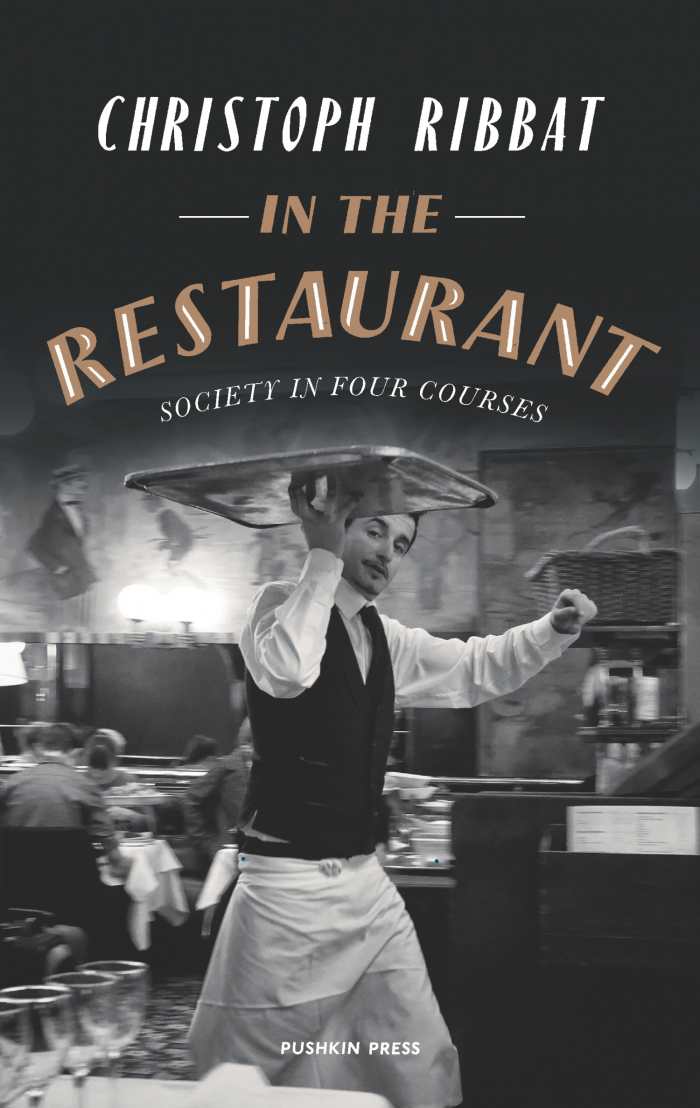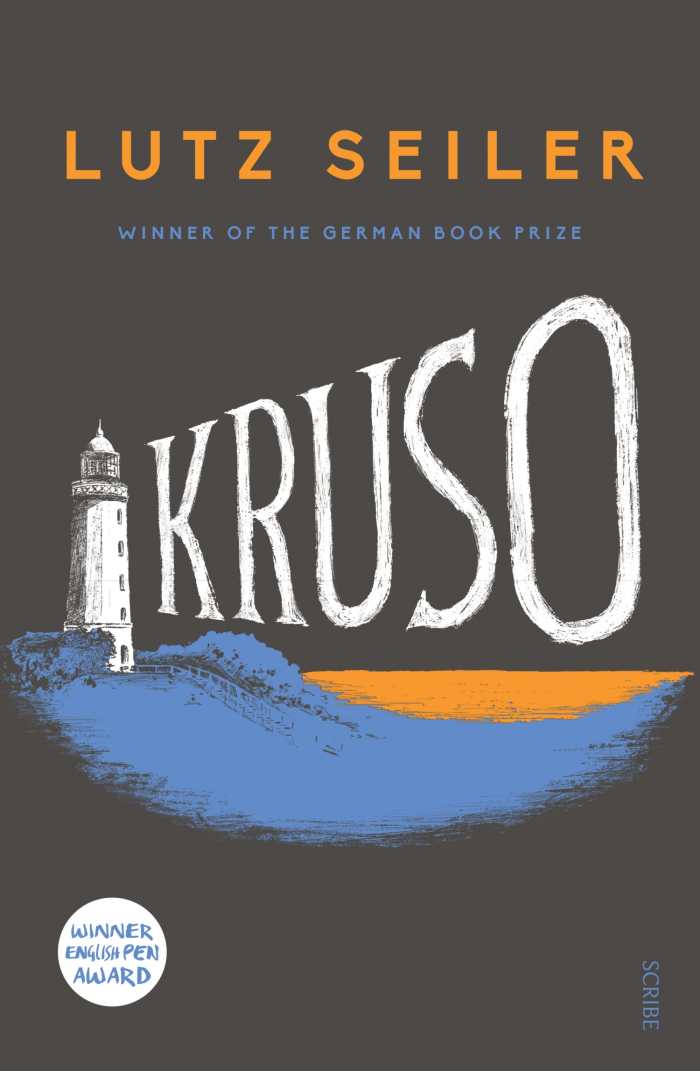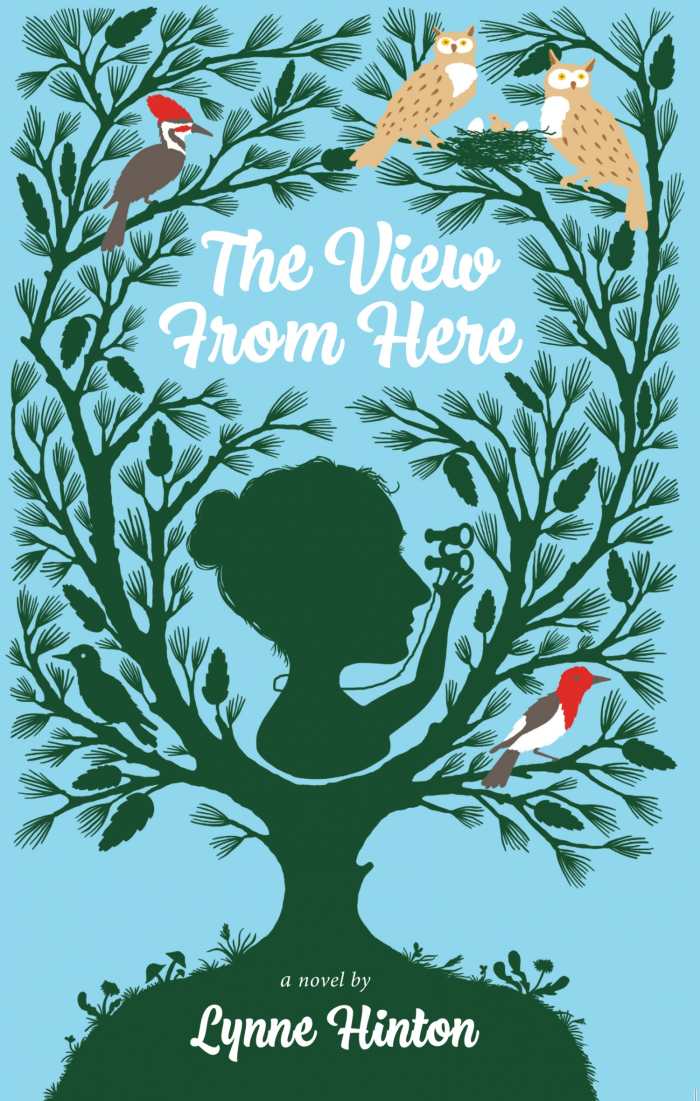Book of the Day Roundup June 4-June8

In the Restaurant
Society in Four Courses

Christoph Ribbat
Jamie Lee Searle, translator
Pushkin Press
Hardcover $24.95 (224pp)
978-1-78227-308-0
Christoph Ribbat’s In the Restaurant serves up a fascinating buffet of fare and facts with its panoramic yet intimate look at the enduring concept of serving food to patrons. The book spans centuries and cuisines from the compiled and collective vantages of employees, chefs, sociologists, historians, and critics, and is full of both savory and unsavory details.
Dining establishments and the meals offered within them evolved along with society, as the book shows. The word restaurant itself came from mid-eighteenth-century Parisian elites’ desire to eat in semiprivate, well-decorated settings where they could restore and renew their delicate constitutions. That particular restaurant experience became quite popular, with patrons enjoying the attention and ambiance offered as much as they did the food itself.
Whether a restaurant is elegant and exclusive or vast and serving multitudes, there is (and always has been) a hectic camaraderie of waiters, waitresses, busboys, and cooks working behind the scenes. In the Restaurant champions the cause of underpaid and exploited waitstaff, called an “emotional proletariat” due to the demands placed upon them. Even the chefs of celebrated European hotels frequently endured grueling shifts in hotbox kitchens, suffering from low wages and chronic health problems.
In the Restaurant also spotlights the Woolworth’s lunch counter protests of the American civil rights movement and how the simple demands of black patrons to be served equally sparked a revolution. There are familiar references to the foodie world, too, with nods to Anthony Bourdain, Alice Waters, Escoffier, and Jacques Pépin, along with Henri Gault and Christian Millau, founders of the nouvelle cuisine movement. Restaurant critic Gael Greene’s memoirs are also noted, particularly her one-night stand with Elvis Presley and how she remembered what he ate afterward better than the encounter itself.
Deliciously diverse, In the Restaurant is a uniquely intellectual and gastronomic experience.
MEG NOLA (April 27, 2018)
Plum Rains

Andromeda Romano-Lax
Soho Press
Hardcover $25.95 (408pp)
978-1-61695-901-2
Andromeda Romano-Lax’s near-future novel, Plum Rains, gracefully explores ethical questions around artificial intelligence with refreshing humanity.
Anji already has worries aplenty when her employer, Itou, surprises their household with a prototype robot. Its job is to assist Sayoko, Itou’s elderly mother—also Anji’s job, as her nurse. Japan is already a tenuous place for foreigners to work; Anji worries that she’s about to be eclipsed. Losing work would mean being sent home to the Philippines; a vicious labor broker would be the only one to meet her.
Anji has ample reason to distrust the robot, who soon names himself Hiro and ingratiates himself with Sayoko. Yet Hiro may end up being the key to everyone’s salvation. Day by day, he reveals the cracks in their not necessarily superior human emotional intelligence, probing wounds and airing truths that more polite acquaintances might seek to avoid.
There are science fiction elements at play here, even beyond Hiro: an ecological wasteland known as the BZ, where foreign workers go in desperation; advanced medical technology; blips in human births that stand in dismaying contrast to an ever-aging population. Yet it’s the familiar that holds attention: the loneliness of leaving home; the uncertainty of being an outsider in a foreign land; the fear of exposing secrets; the longing for people long since passed away.
Disturbing notes from past conflicts arise, including around human trafficking—a horror all too present for some of the novel’s characters. And over and across all of this heartbreak lie the artificial promises of tomorrow: death eradicated (for some); easy living guaranteed (for the lucky); glittering futurescapes that stand tantalizingly out of reach for most. The “tireless whispers of angry ghosts” disturb the only outwardly peaceful waters of the future.
Andromeda Romano-Lax’s latest novel is a gift. Through its beauty and devastation, its speculation and its certainty, it will force audiences to confront the truest places within themselves—the spaces where artifice will never suffice.
MICHELLE ANNE SCHINGLER (April 27, 2018)
Peril in the Old Country

Sam Hooker
Black Spot Books
Softcover $14.99 (302pp)
978-0-9997423-0-3
Sloot Peril, a modest accountant who is “only as superstitious as required by law,” is an unlikely hero in the humorous fantasy Peril in the Old Country. With a lyrical flair that evokes P. G. Wodehouse, Peril is funny and fun.
Sloot receives an unexpected promotion to personal financier: a fancy name for a miserable job. He’ll be squiring his employer’s spoiled son around the abandoned Whitewood estate. If that isn’t bad enough, his mission is rapidly complicated by Carpathian spies, goblins, and broom-wielding mannerists. Sloot’s struggle to adapt to his ridiculous circumstances is hilarious.
Peril in the Old Country‘s real strength is in its dialogue and world building. Sam Hooker has created a fully-fleshed-out, Lovecraftian country for Sloot to mope through. By turns gothic, grim, and gritty, the kingdom of Salzstadt is the perfect stage for Sloot’s adventure.
Peril‘s language is equally rich: interesting phrases, invented words, and double entendres twist the ear. Rather than fold in backstory or linger in description, Hooker keeps the story moving. The novel’s pace is quick but steady, skipping from plot point to plot point with pithy, dialogue-driven scenes.
Peril is Hooker’s second novel. The first of the Terribly Serious Darkness series, it’s reminiscent of Victorian serials, with a liberal number of pratfalls thrown in. Although most of the novel’s surprises come from outside Sloot—A possessed love interest! Bloodthirsty cannibals!—there are a few nice turns that develop his character more fully. Short chapters and action sequences, as well as tightly written dialogue, make this novel a standout.
Peril is the best kind of bad fun. Like Sloot, it’s pretty good—but not well behaved.
CLAIRE FOSTER (April 27, 2018)
Kruso

Lutz Seiler
Tess Lewis, translator
Scribe Publications
Softcover $17.95 (480pp)
978-1-947534-11-7
Edgar Bendler is twenty-four years old and lost in his loss. His girlfriend is gone—perhaps missing, perhaps dead. His cat, too. Life between university terms looms, and without the distraction of study, Ed is likely to throw himself out his East Berlin apartment window.
Instead, he cobbles together just enough to escape to the Baltic. The island of Hiddensee is a strange no-man’s-land, both a Soviet-controlled vacation destination and a gateway to the West. If there’s any hope of staying longer than one day, Ed’s got to go native and find a job as a seasonal worker before he gets caught.
Ed’s time on the island mirrors Defoe’s Robinson Crusoe as seen through an early-1990s warped mirror. Interestingly, Ed isn’t a stand-in for Crusoe; rather, he’s the loyal Friday to Alexander “Kruso” Krusowitsch’s inimitable leadership in Zum Klausner’s kitchen. Over the course of a summer together, Ed stops questioning as he finds his own private escape through a deeper sink into Kruso’s world.
Ed succumbs to the haze of survival, anchored by the imperative that Kruso is his “real friend and a close one. His friend and master.” Under Kruso, Ed and other seasonal workers move between hotel duties and succoring other refugees from the communist state. All of them seek the island as both means and end, even as Kruso operates his own kind of central planning to facilitate their presence and disappearance.
Throughout the season, Ed is gradually stripped of companions and purpose. Communism collapses, the hotel is abandoned, and he discovers that many of his friends and fellow refugees were lost to the sea in their attempts to make it to Western freedom.
If communism’s final moments are an island of time, Kruso is a bottled message washed up from those distant shores. A strange journey, Seiler’s novel subscribes to island rules, with historicity suspended above and between fevered dreams of perfect community and beguiling freedom.
LETITIA MONTGOMERY-RODGERS (April 27, 2018)
The View from Here

Lynne Hinton
NewSouth Books
Hardcover $25.95 (226pp)
978-1-58838-347-1
Lynne Hinton’s charming The View From Here interlaces recollections of childhood days of wonder in the woods with themes of protesting environmental degradation.
Katie Sinclair isn’t quite sure why she decided it was worth it to climb up in a tree and stay put, despite the bulldozers bearing down on it. It could be that she was trying to get away from the aftermath of her divorce, or her long-standing distance from her father, or the many small and large tragedies of her past.
But people show up for Katie. They come to see her each day, making sure she is still safe up in her tree. Their actions show that Katie’s North Carolina community is as committed to her as she is to the woodpecker she hopes to save by preventing the forest’s demolition.
Character relationships shine as the stars of the story, especially between Katie and her friends like Ray, Charlene, and Lily Carol. Their humorous dialogue softens the intense drama of various treetop hijinks.
When it seems like Katie is making trouble for herself, her friends are the ones to remind her how good she can be. In spite of the slow unveiling of just how isolated and unhappy the narrator is, it is clear that considerable love and care surround her.
Descriptions of natural beauty and the history of birdwatching and bird habitat preservation give depth to the story. Chapter transitions are at times abrupt; there is little change in the scenery, so chapters shift through immediate plunges into the next conversations with visitors to the tree.
The View From Here is a poignant meditation on what makes the natural environment worth saving; it also shows how integral relationships are to saving human beings.
LAURA LEAVITT (April 27, 2018)
Hannah Hohman
